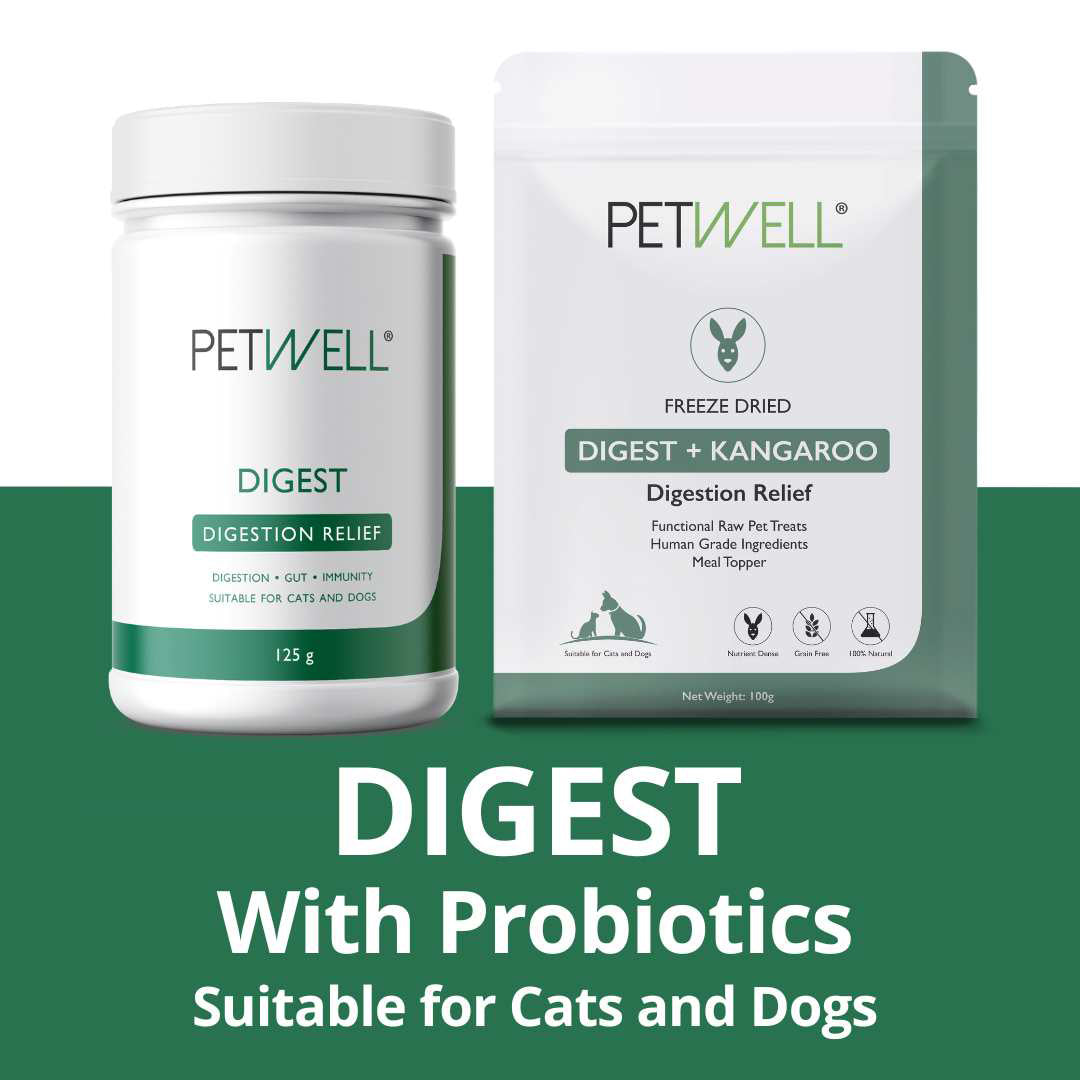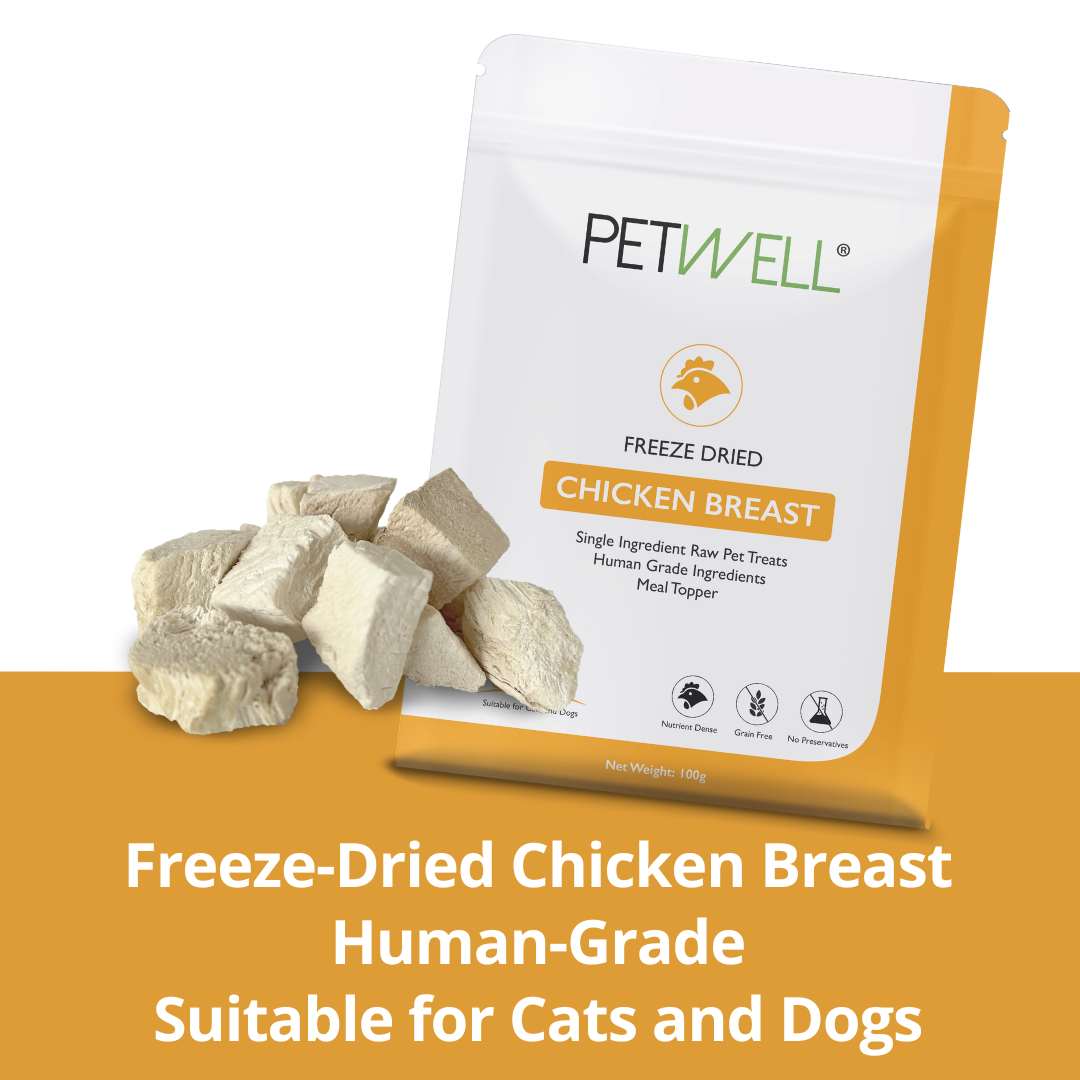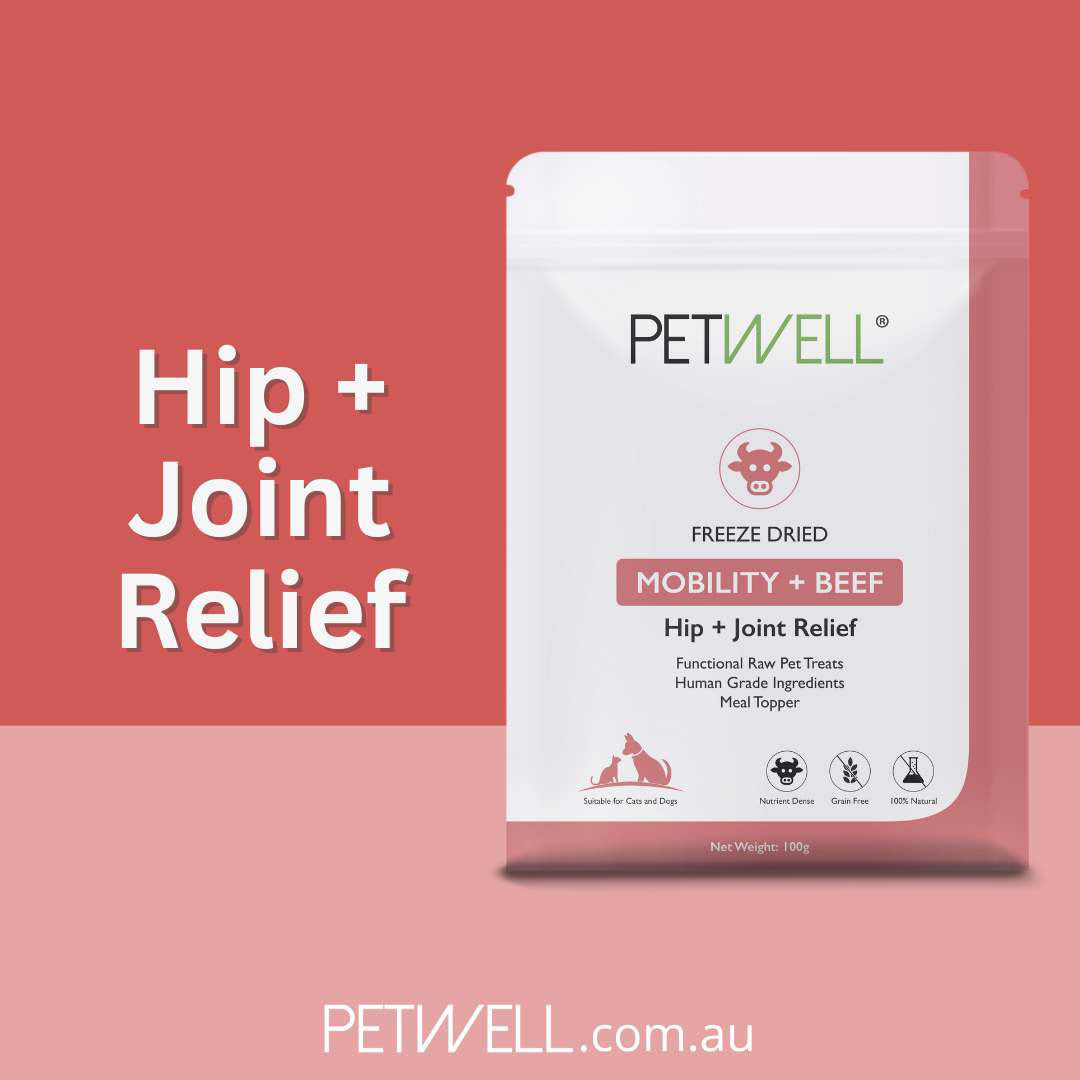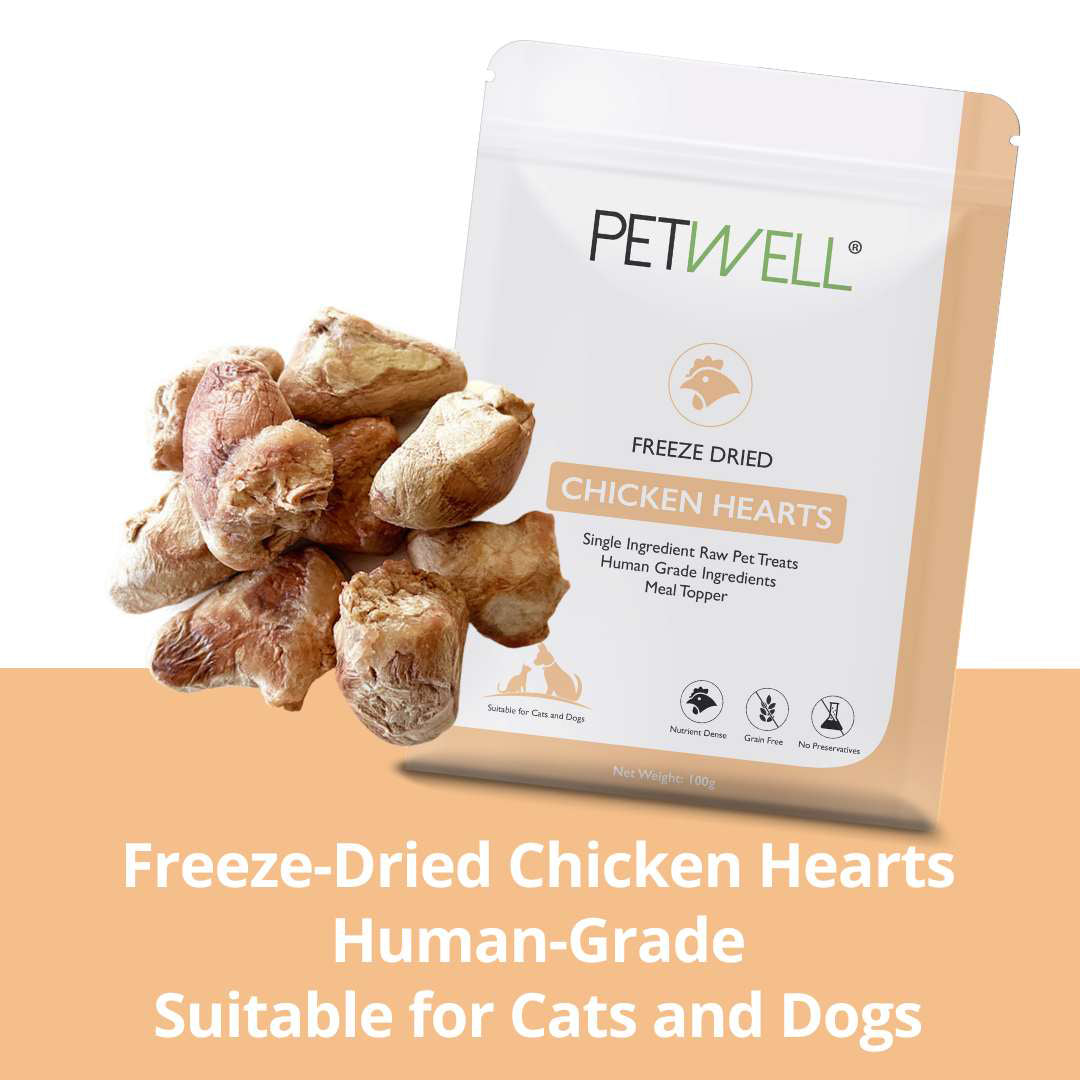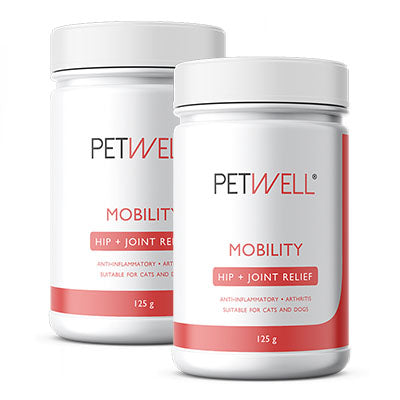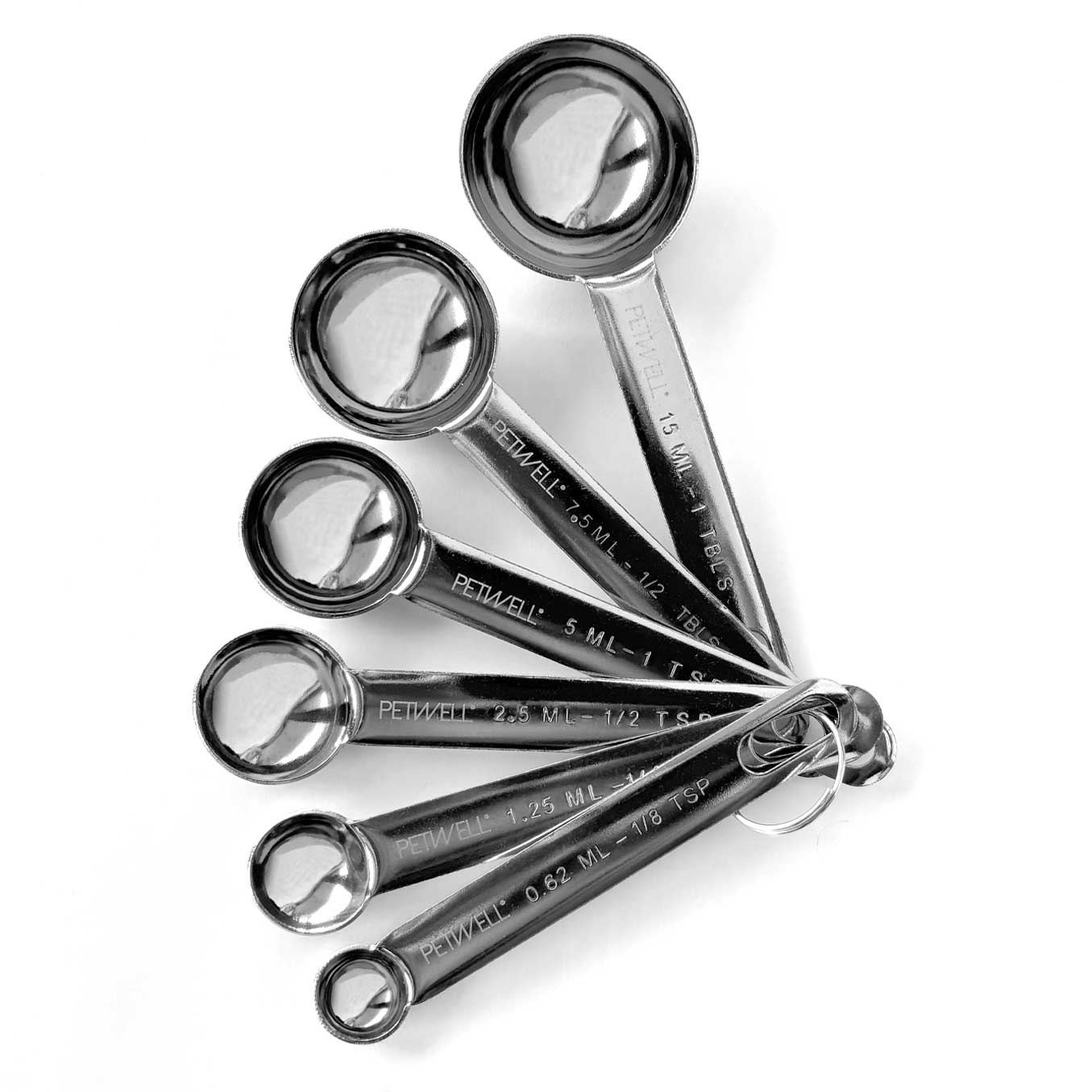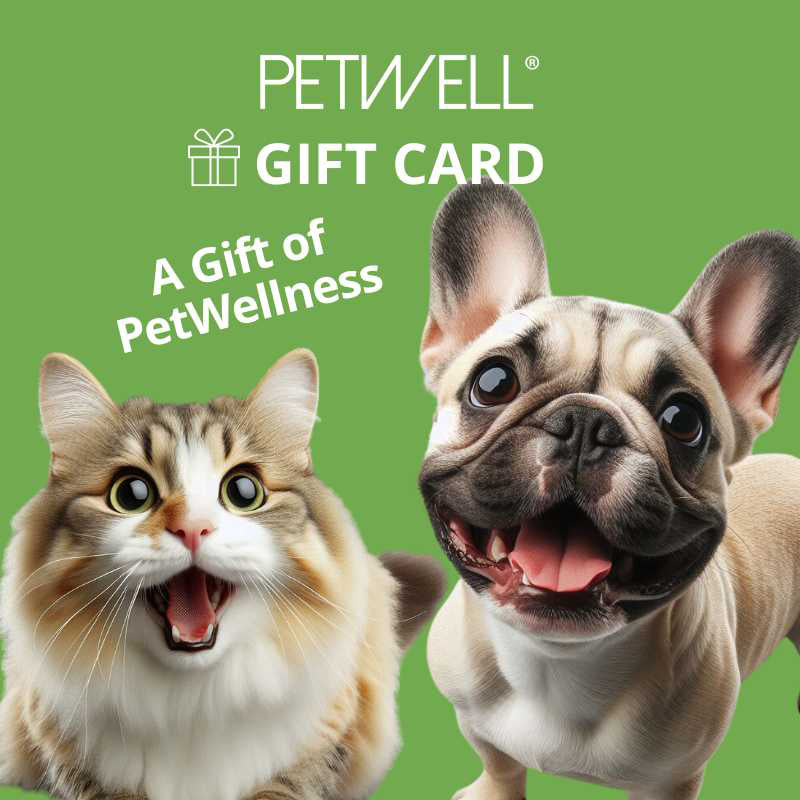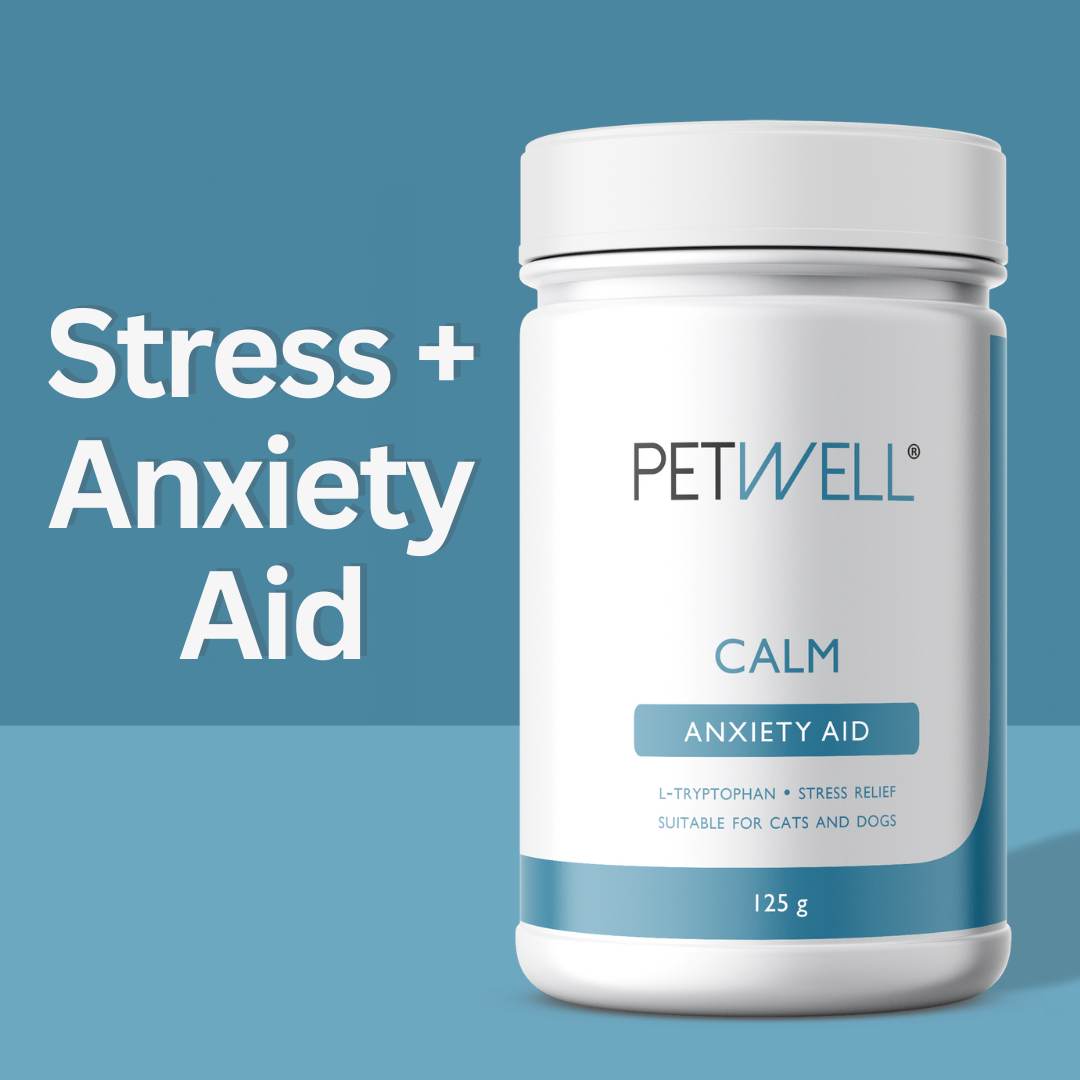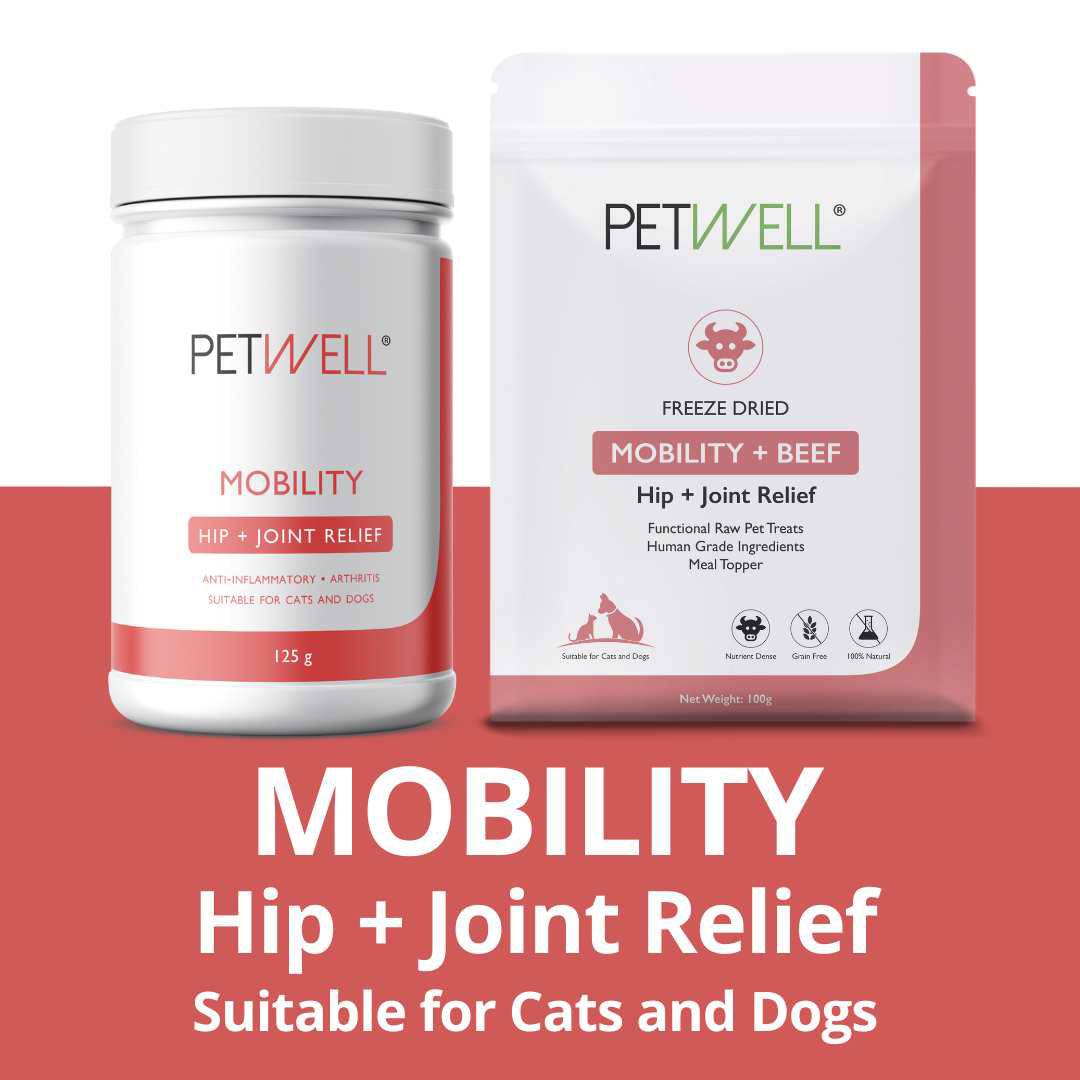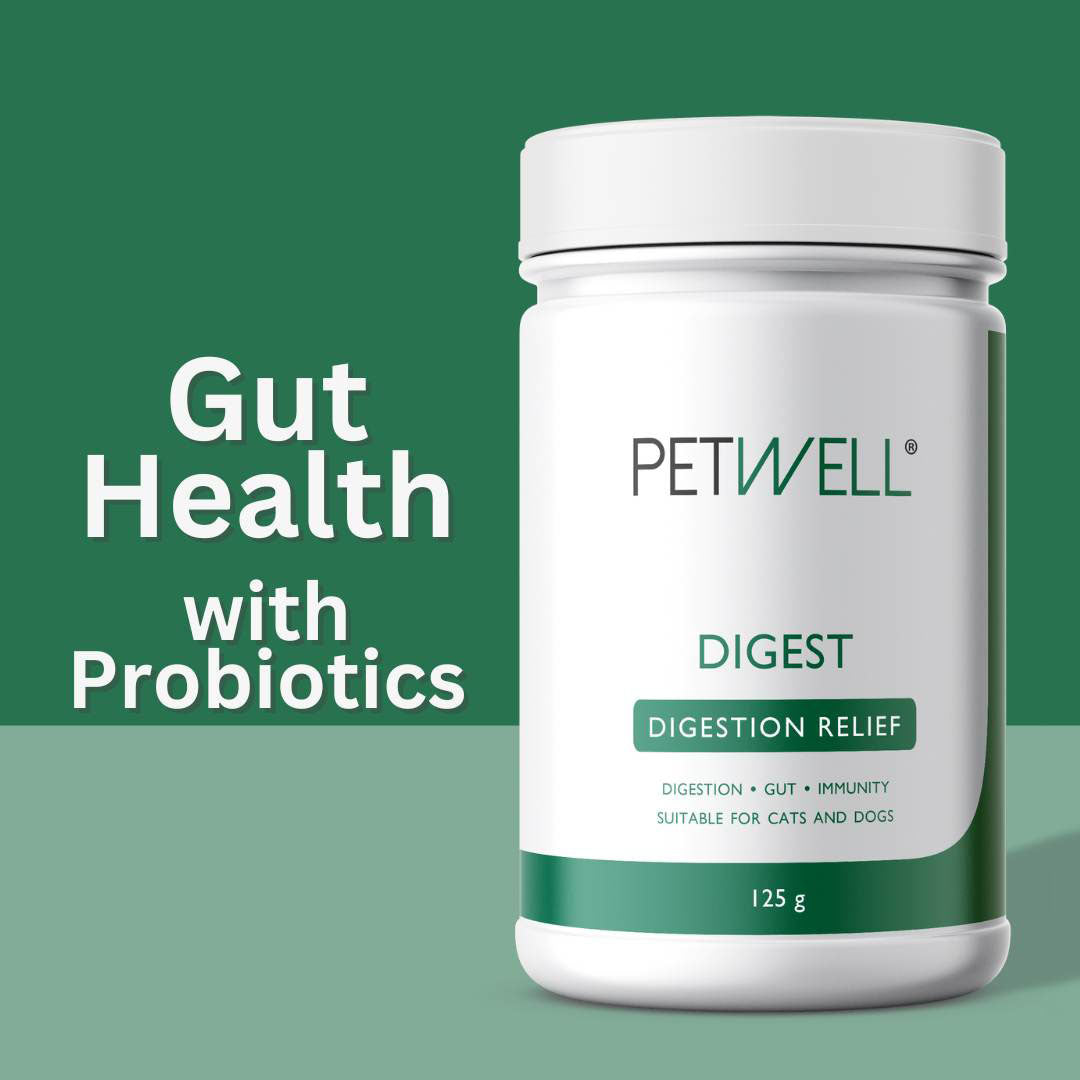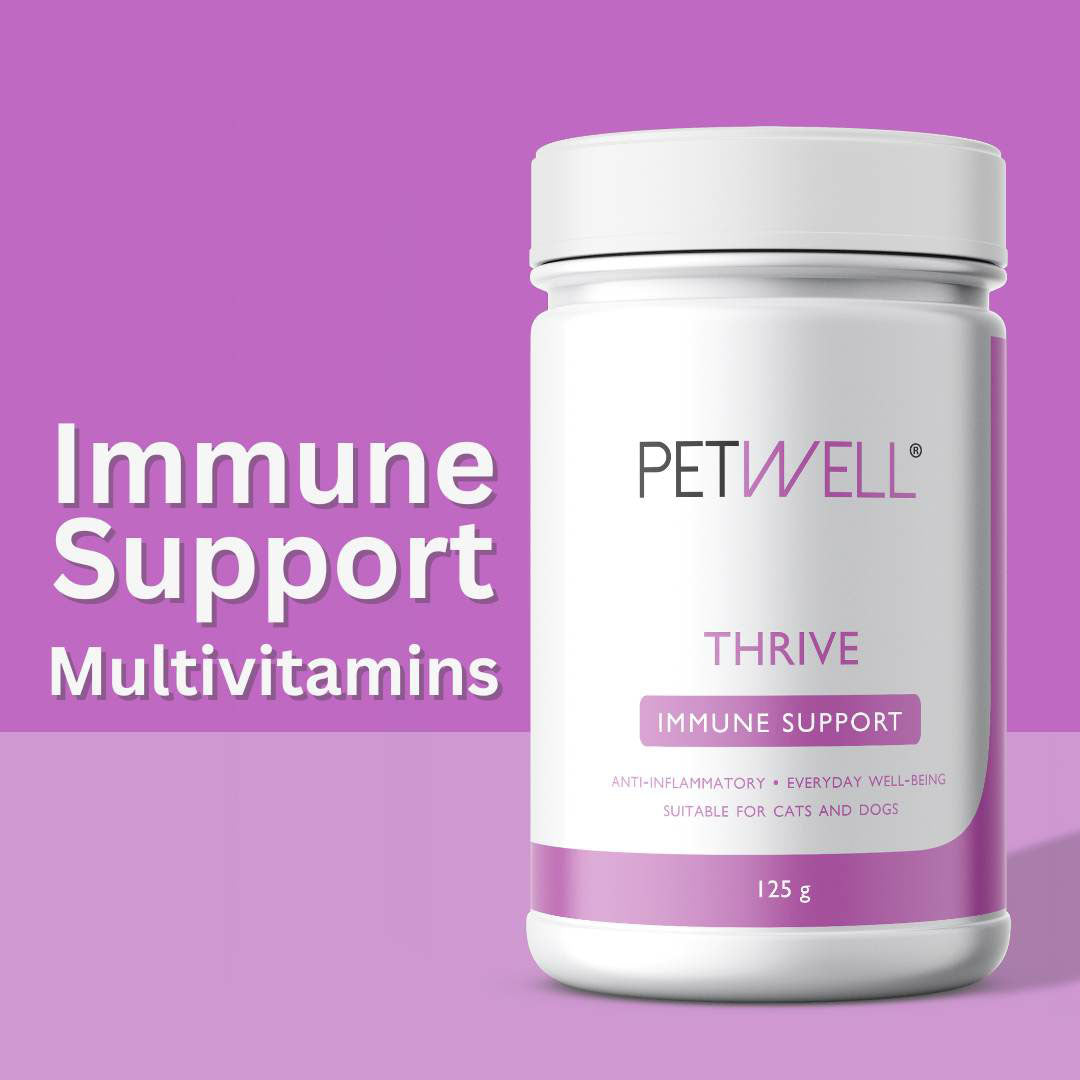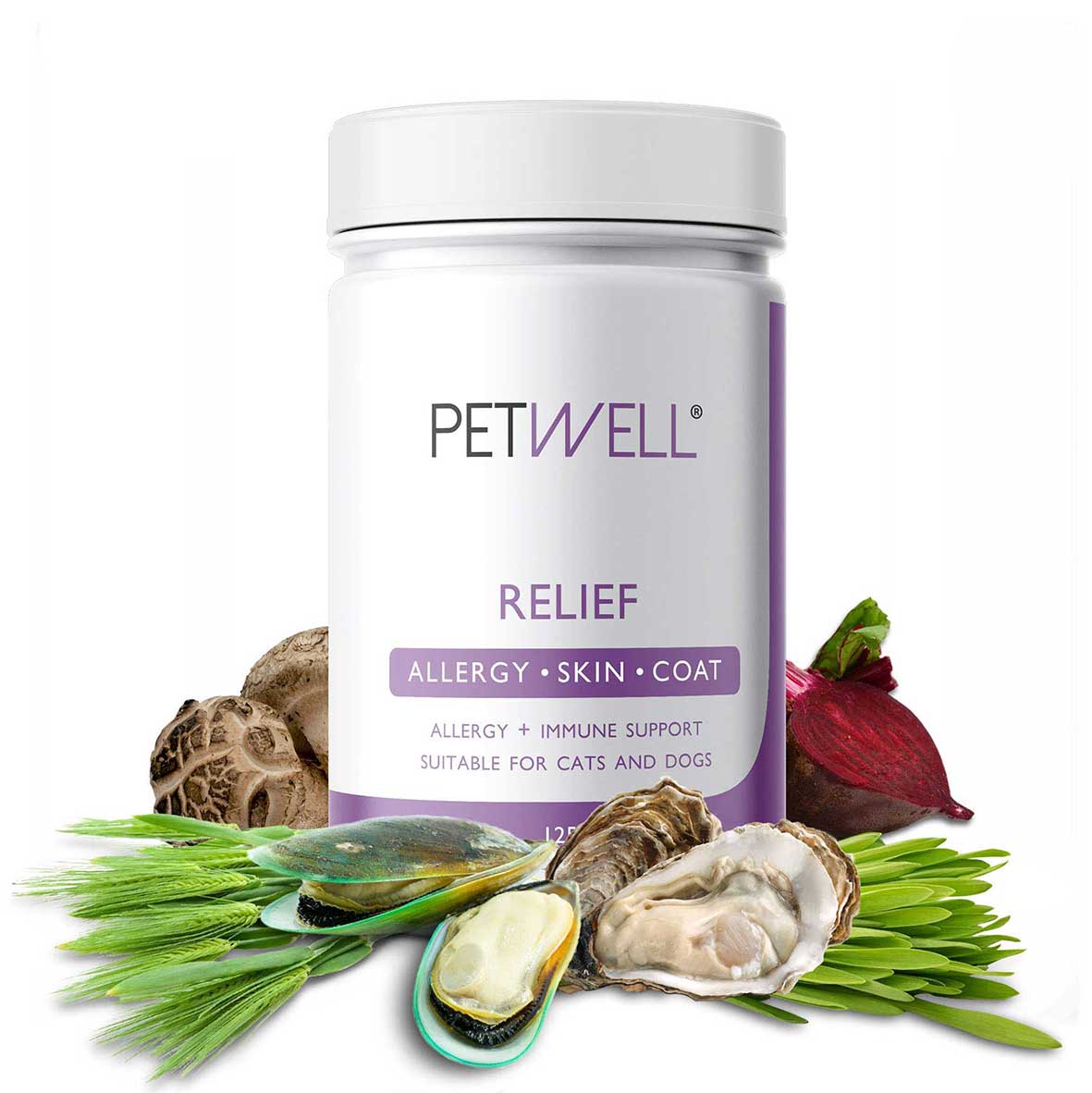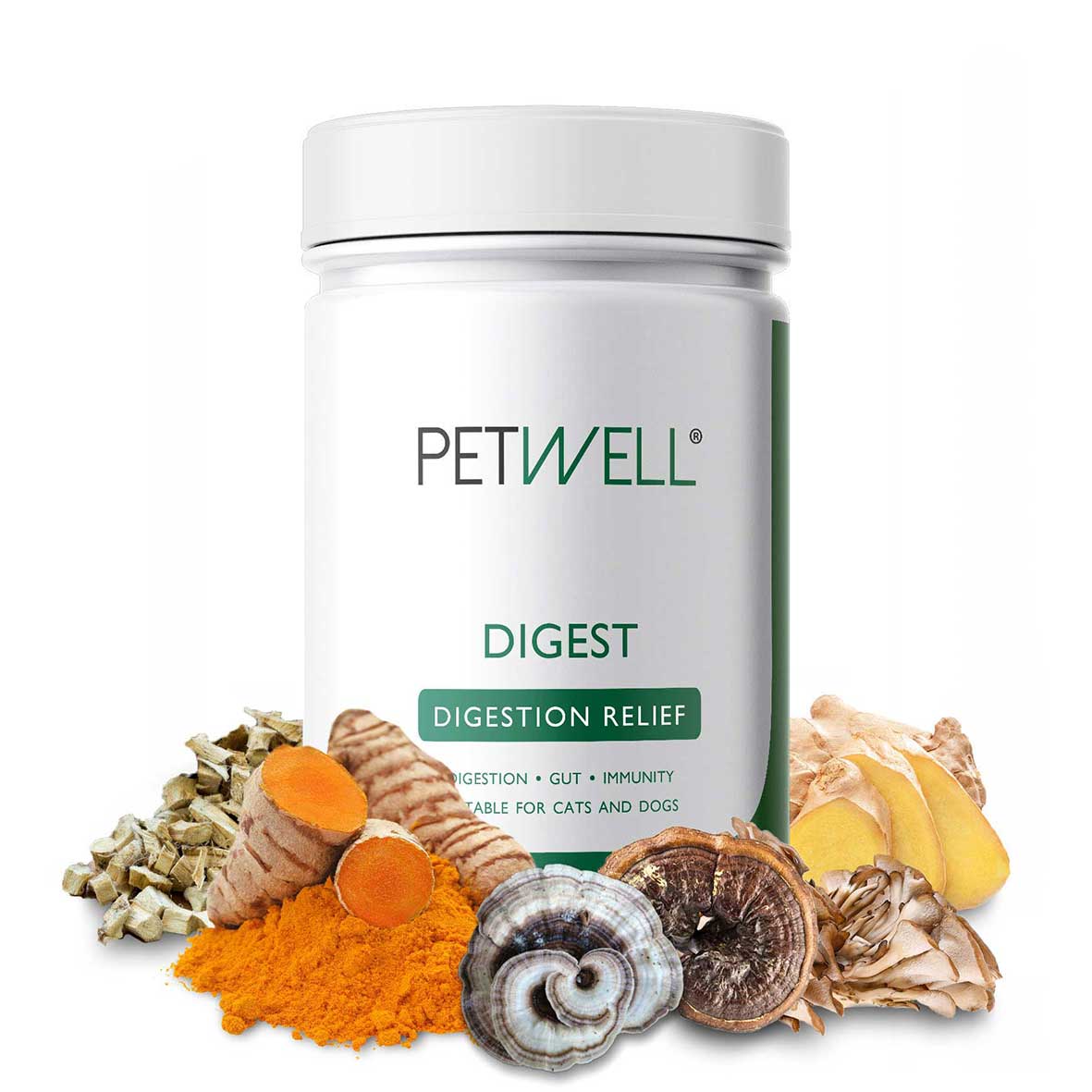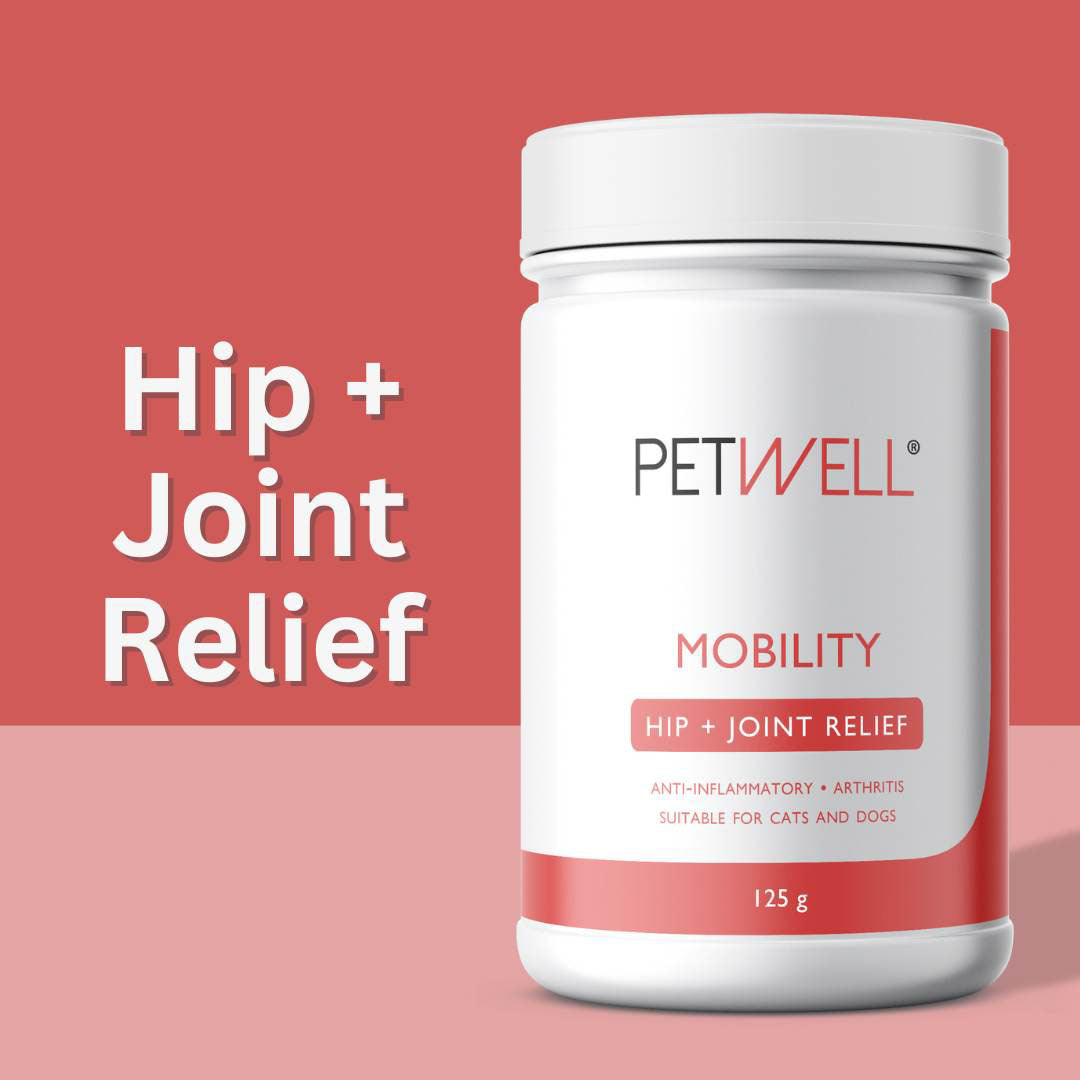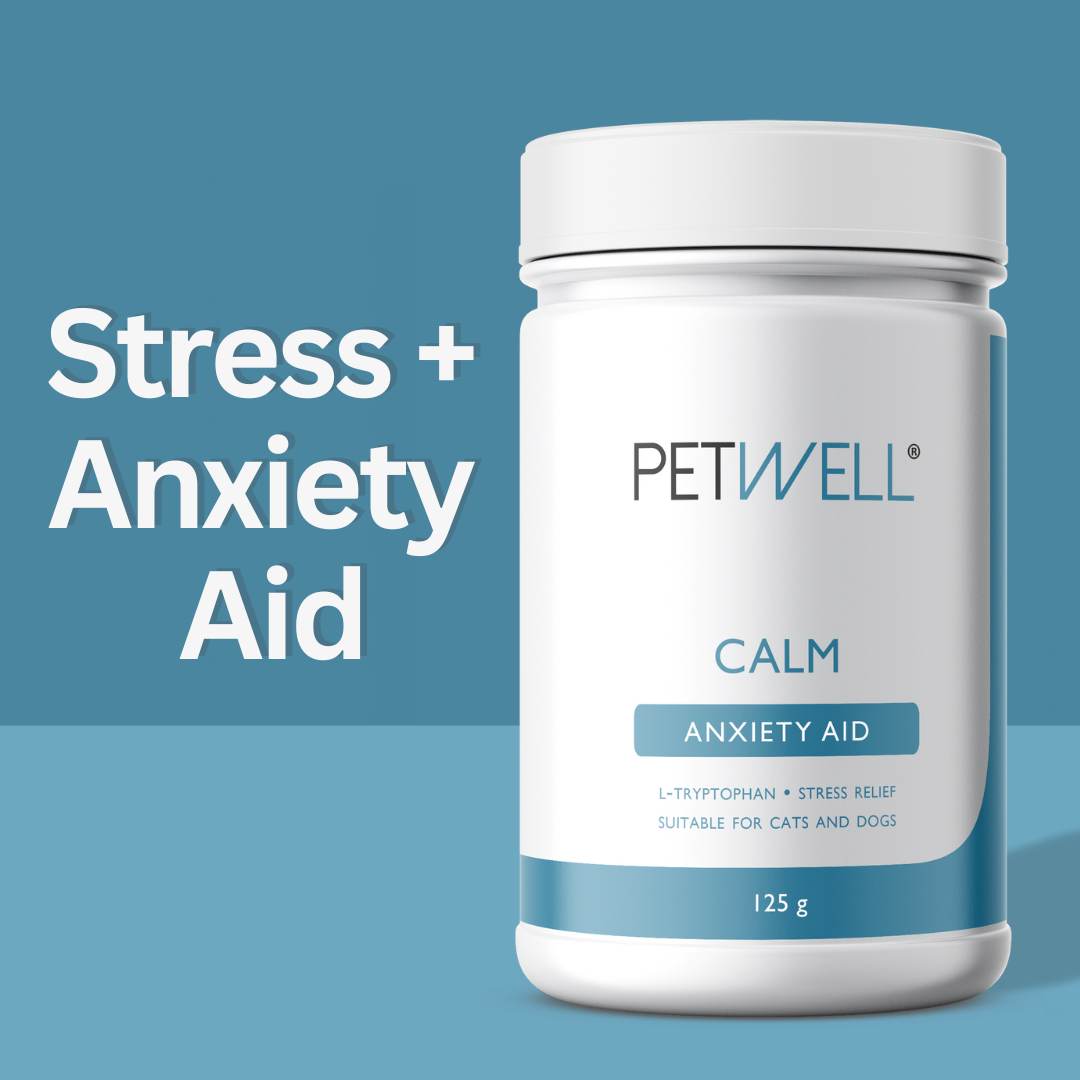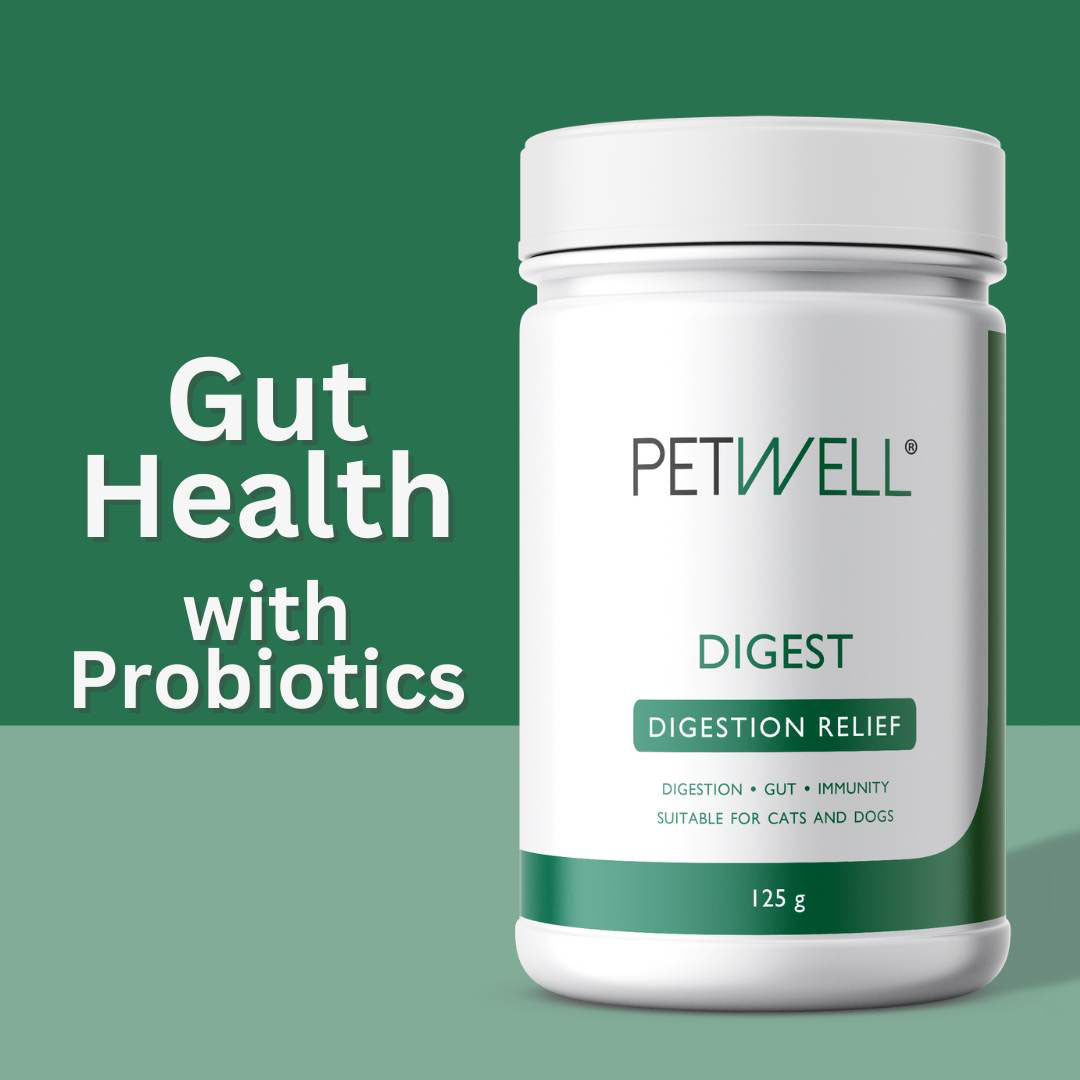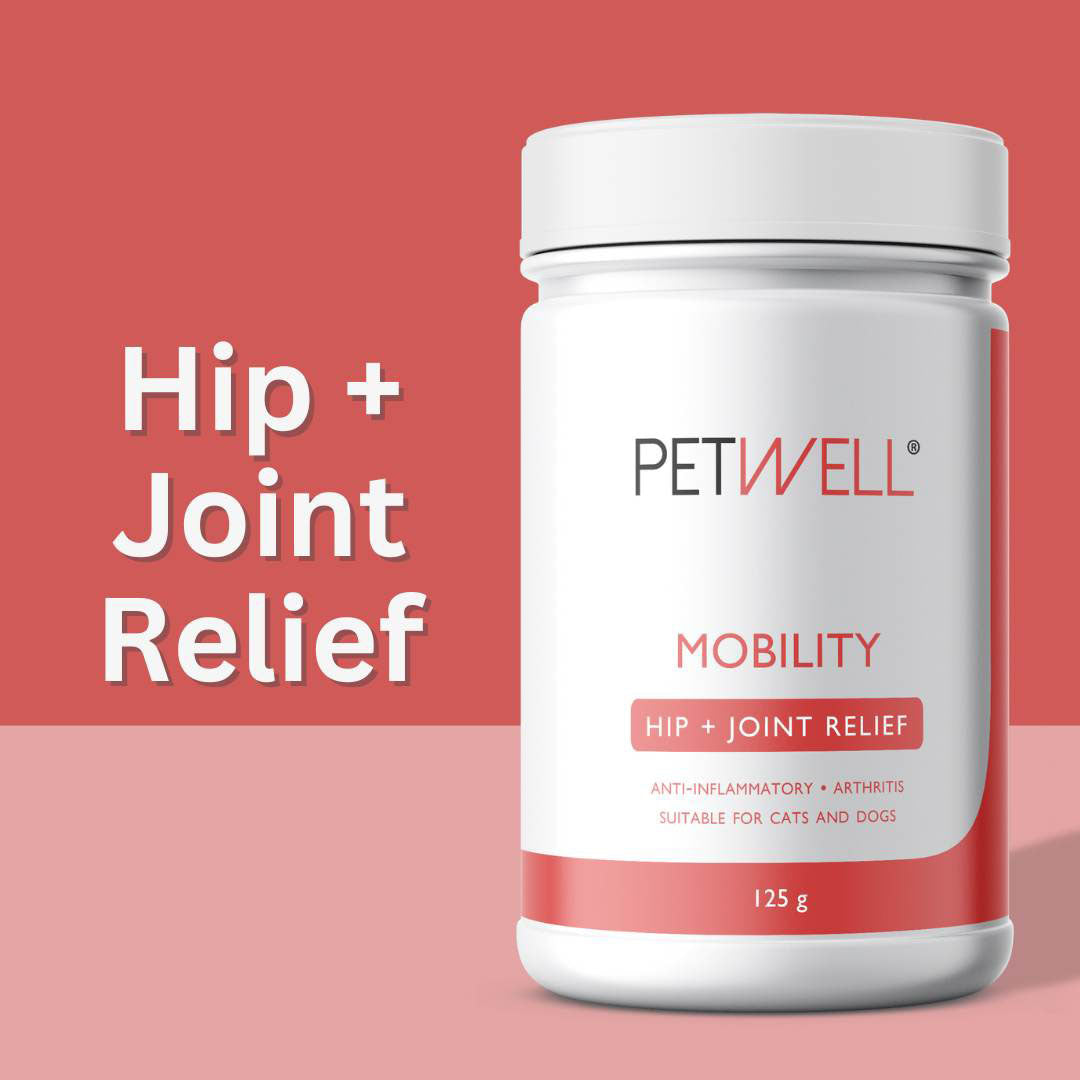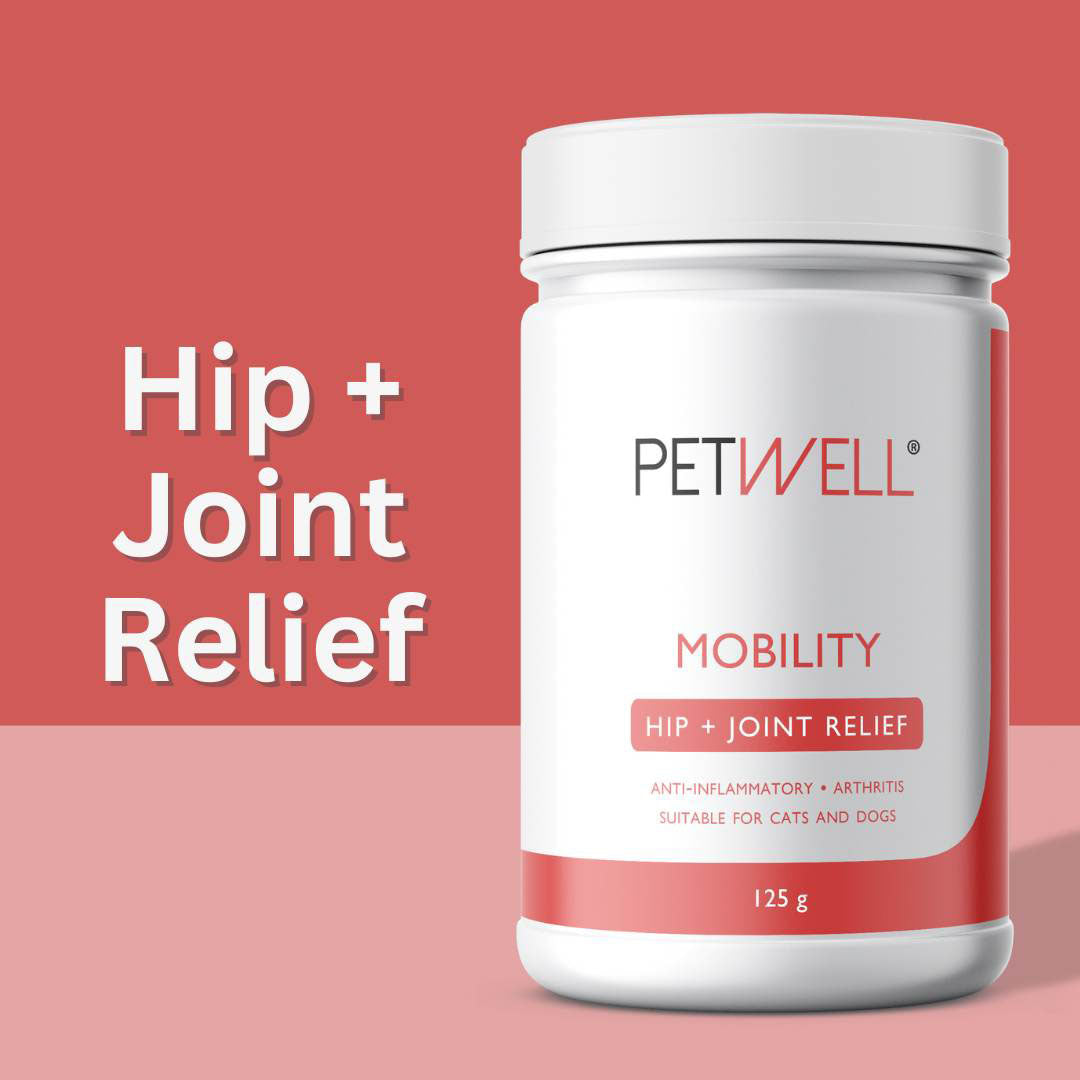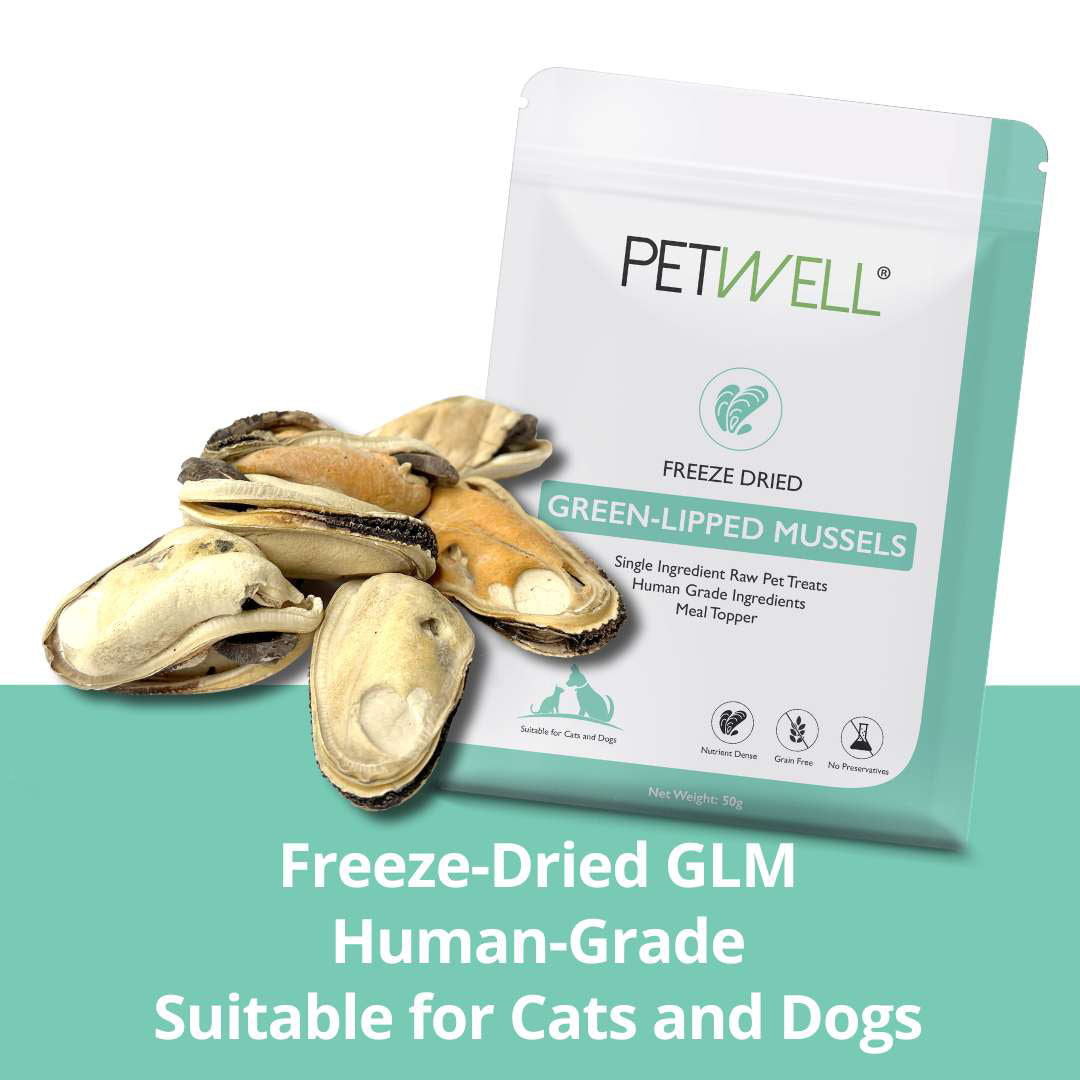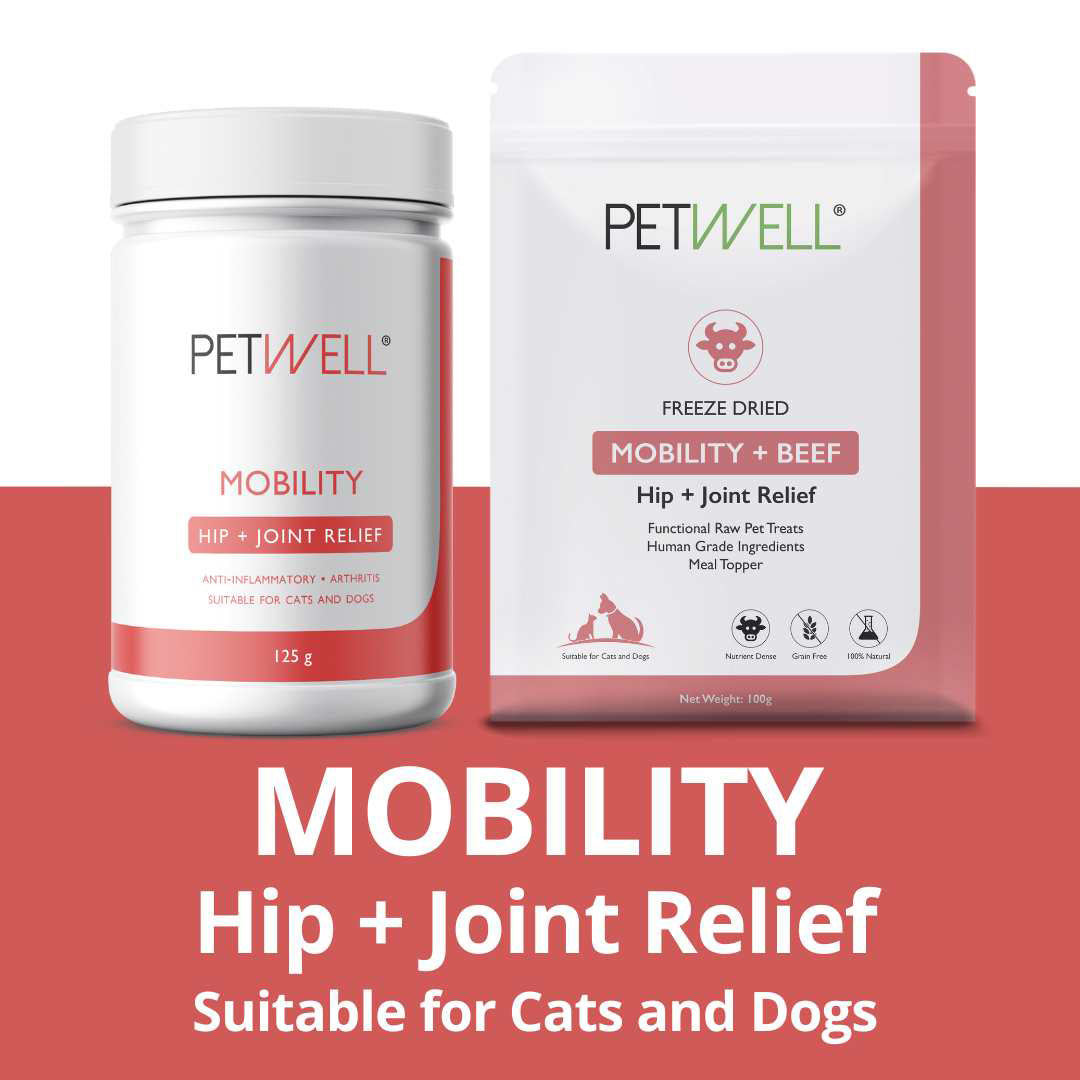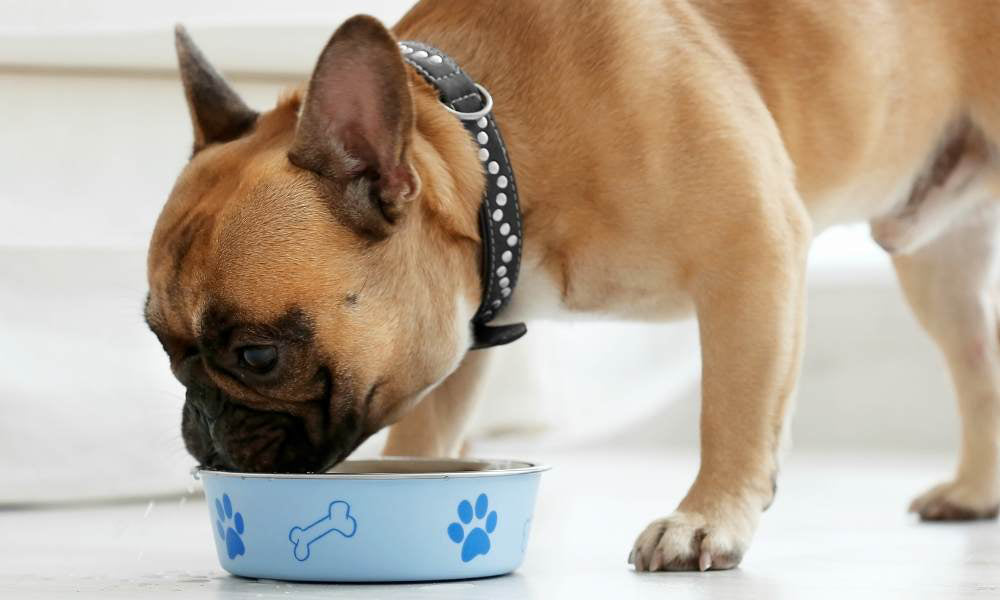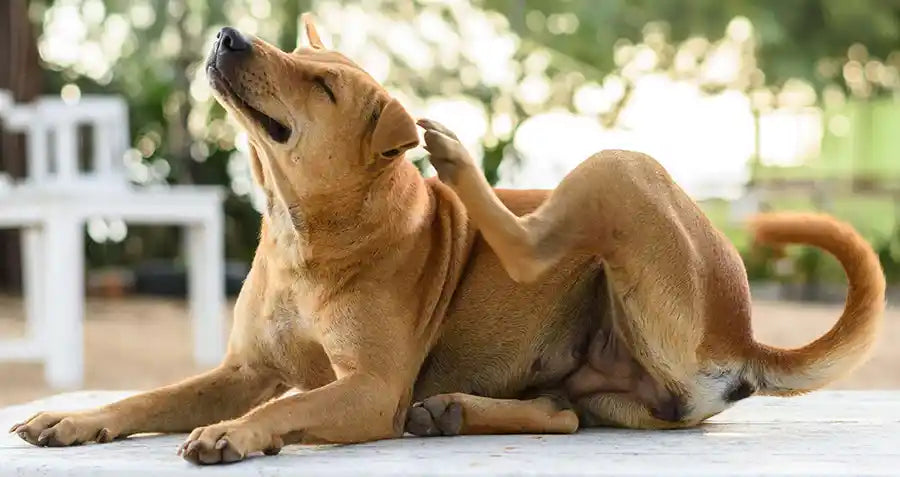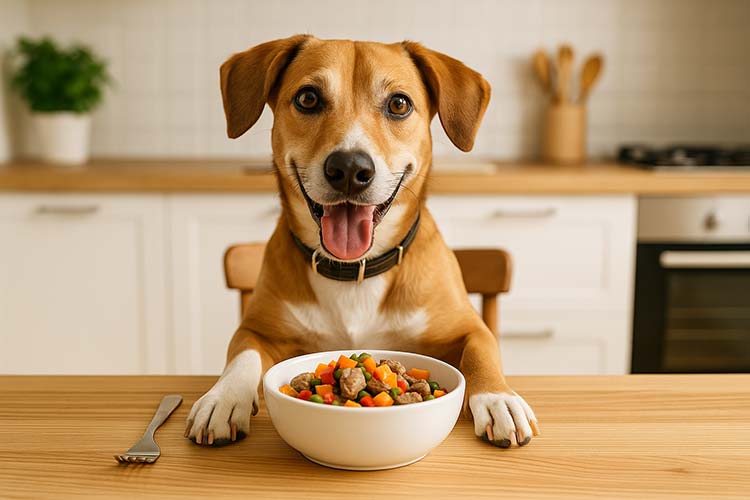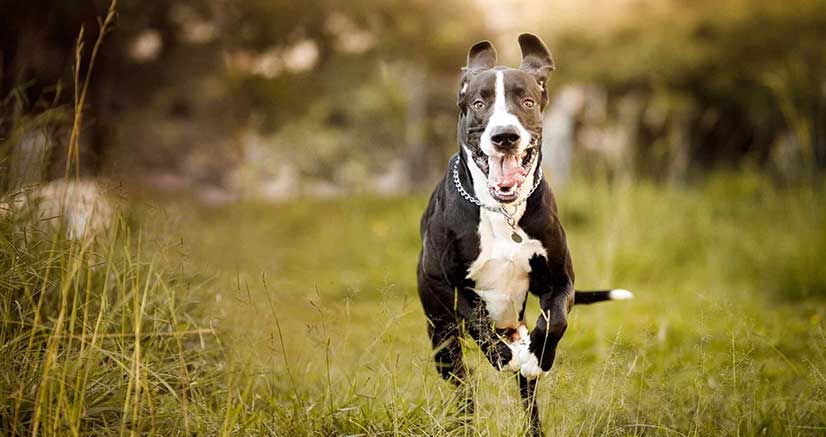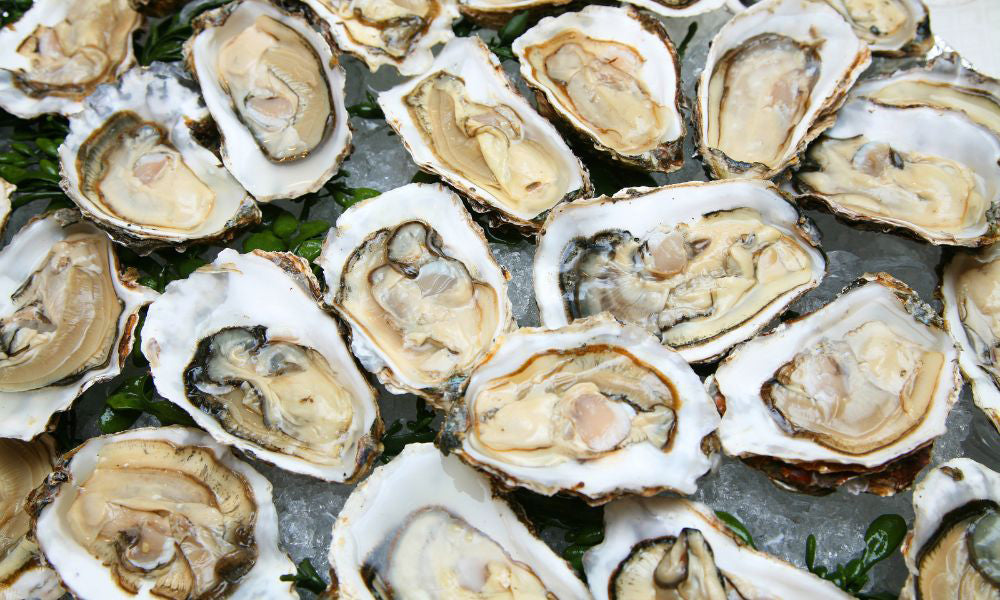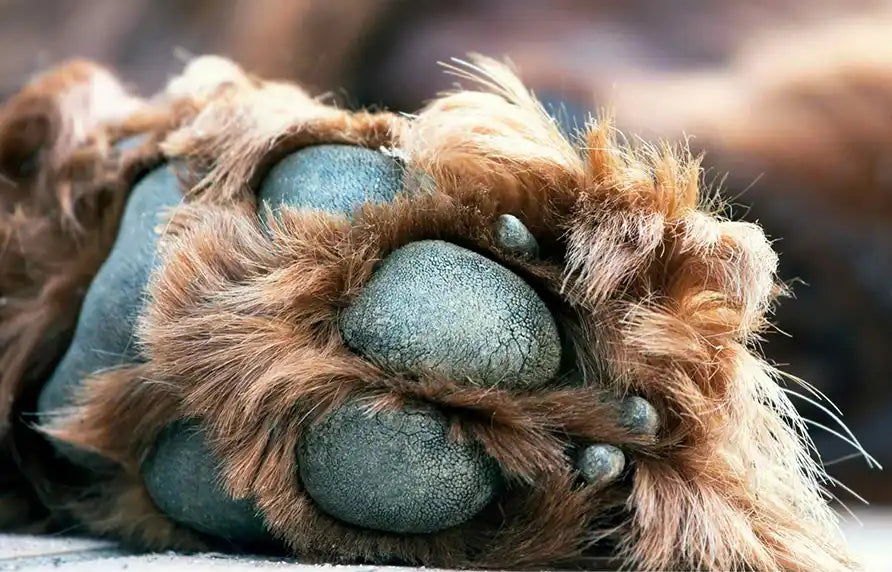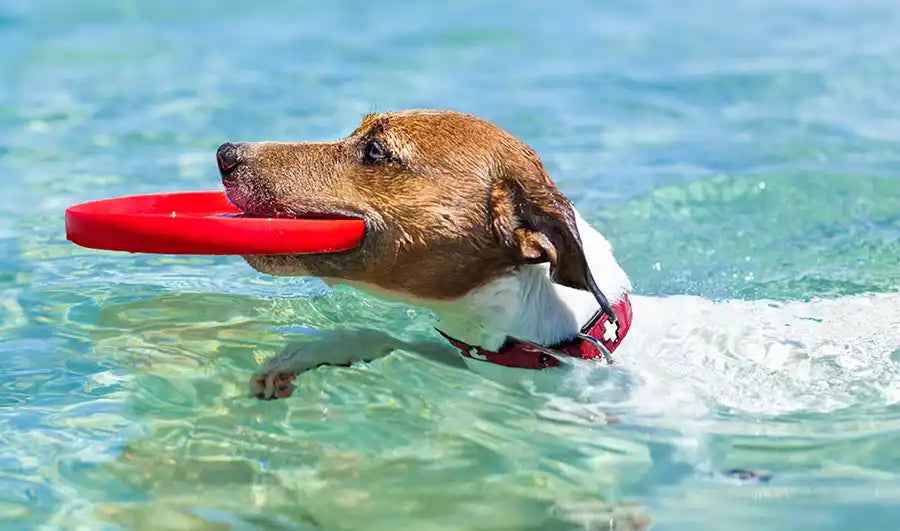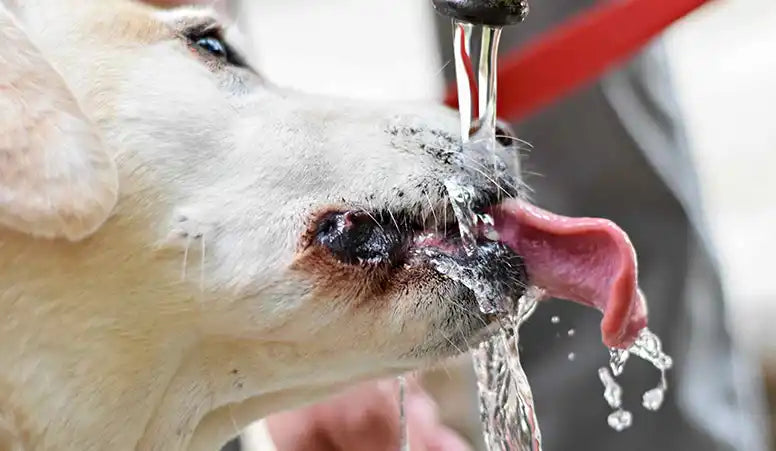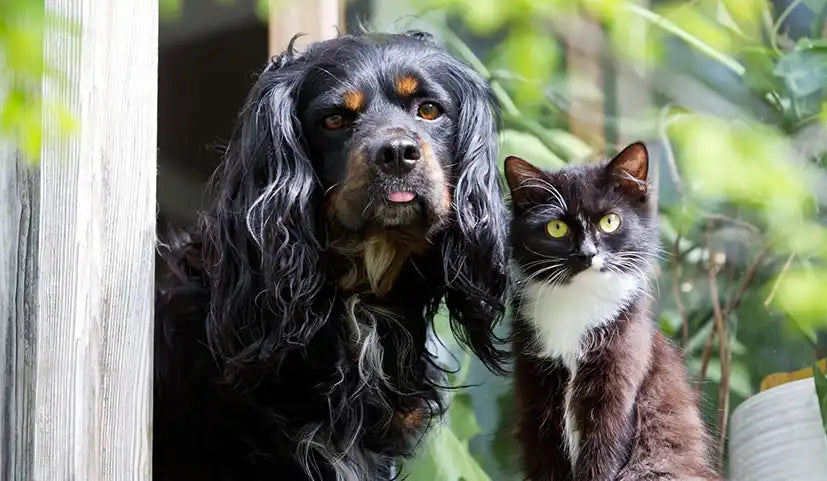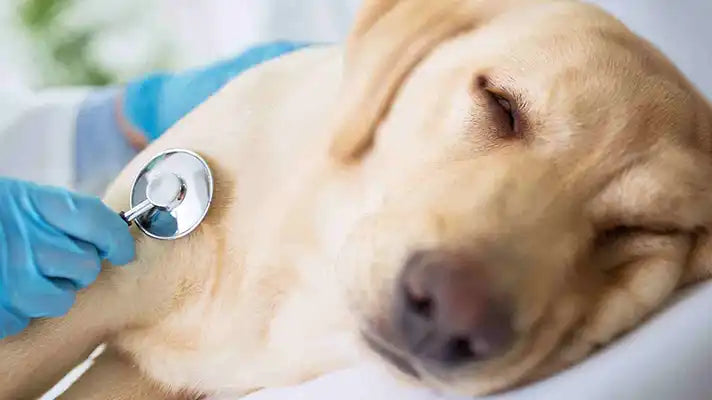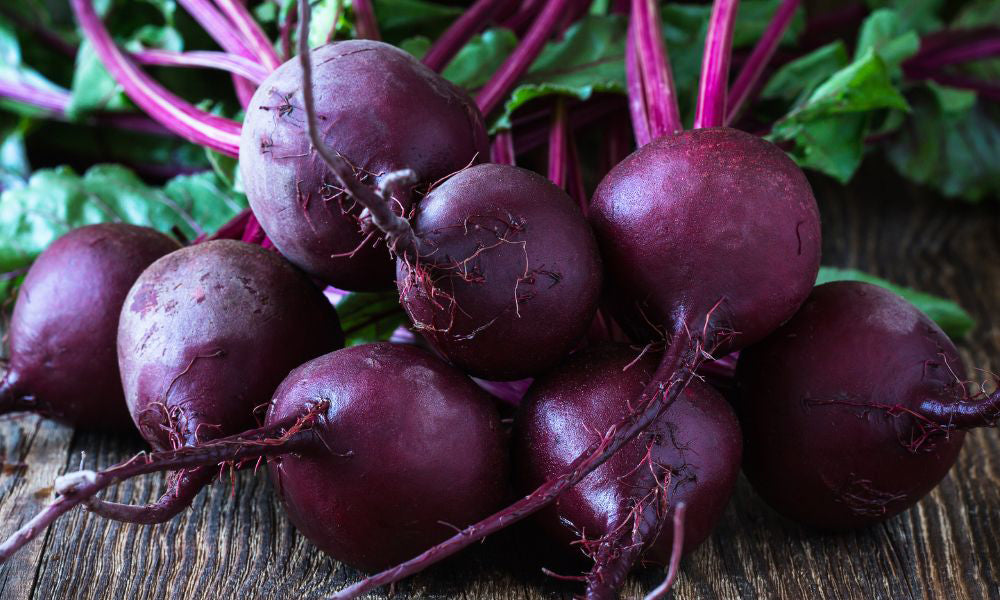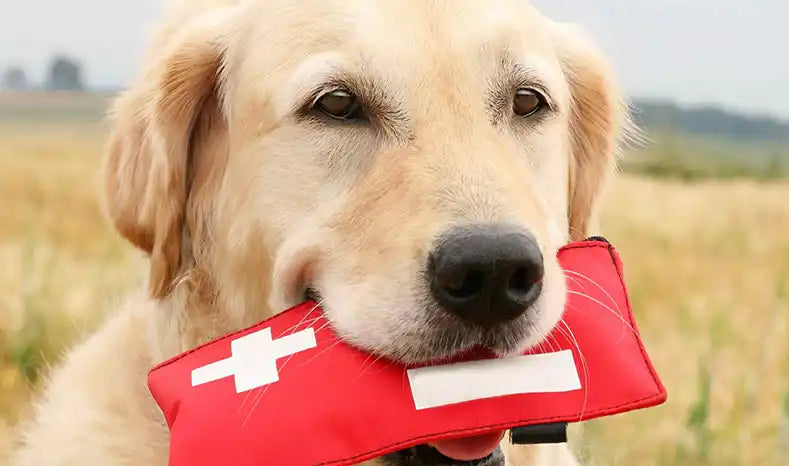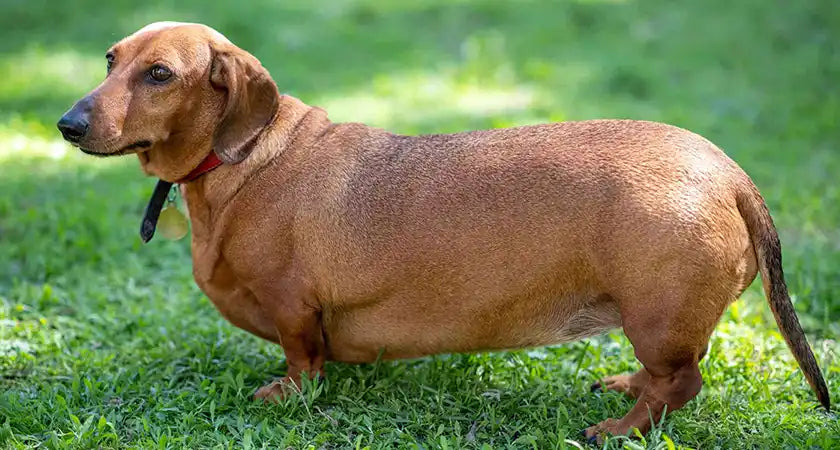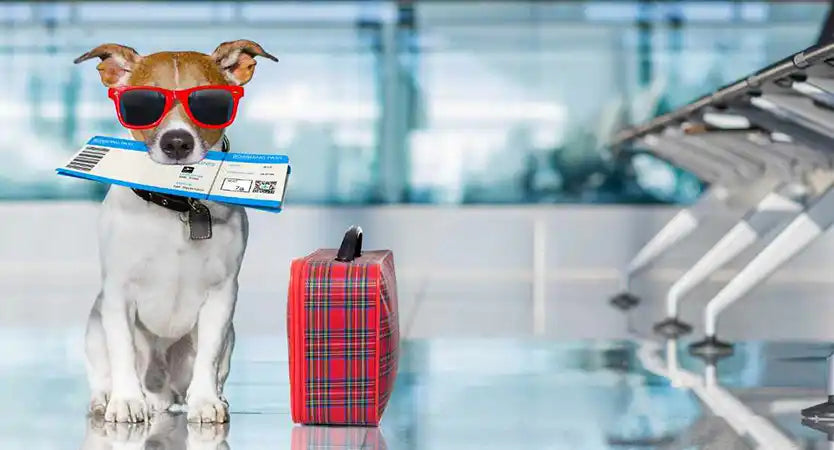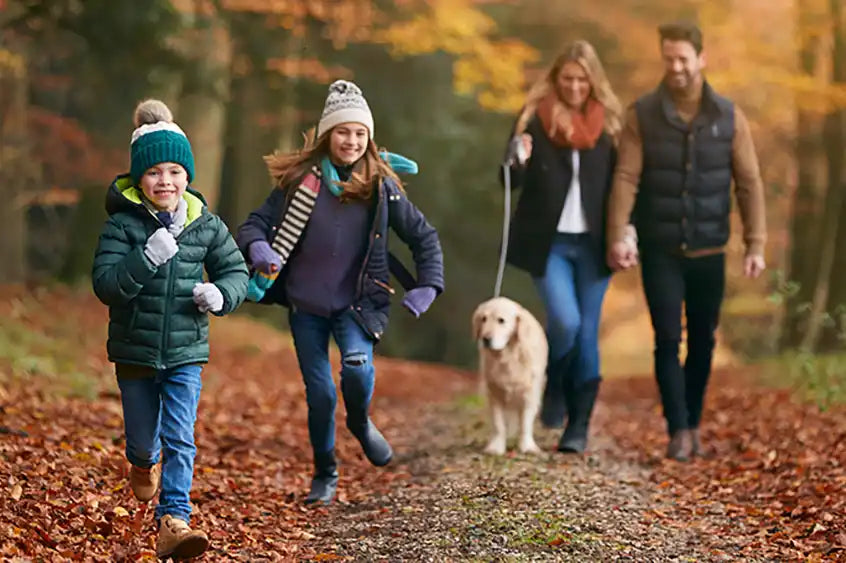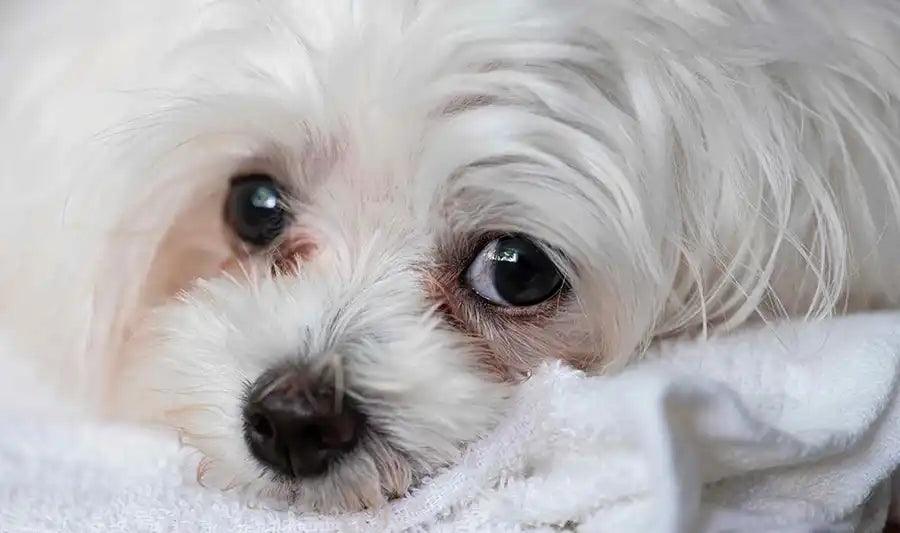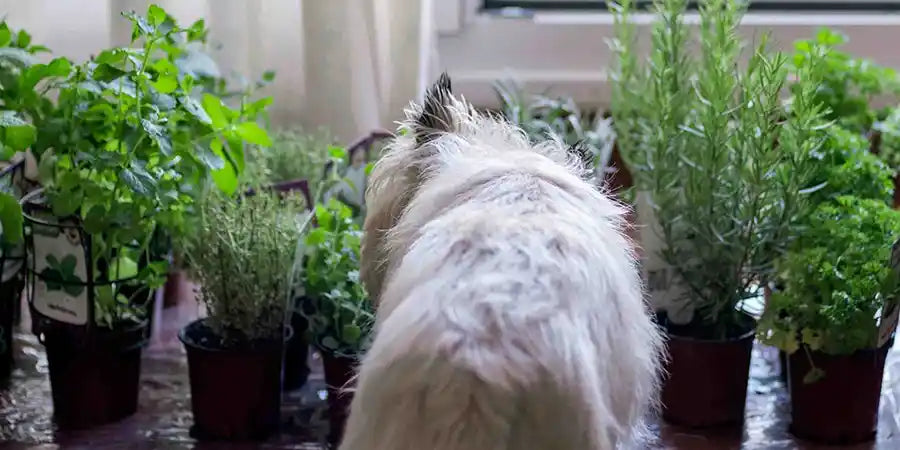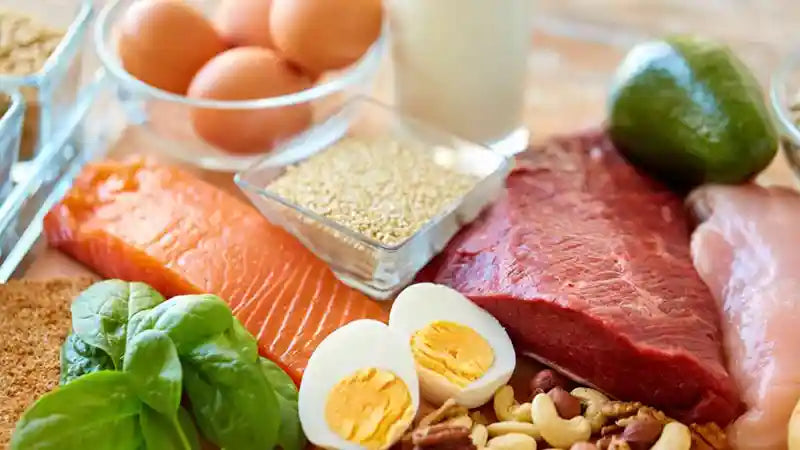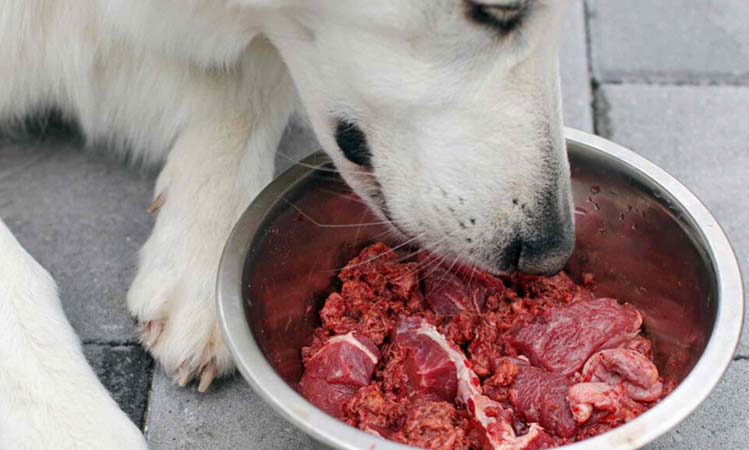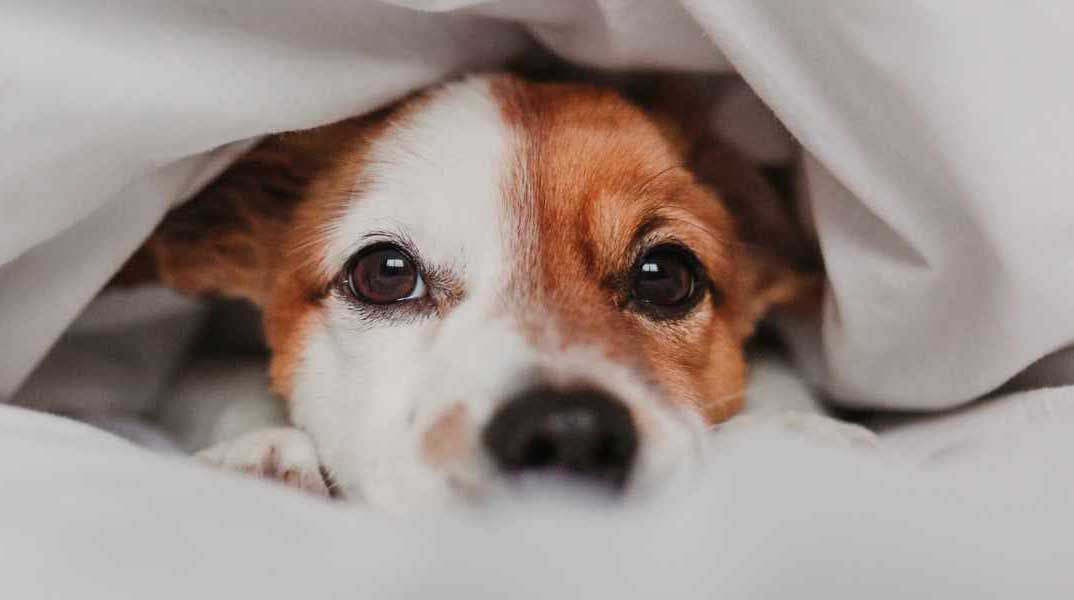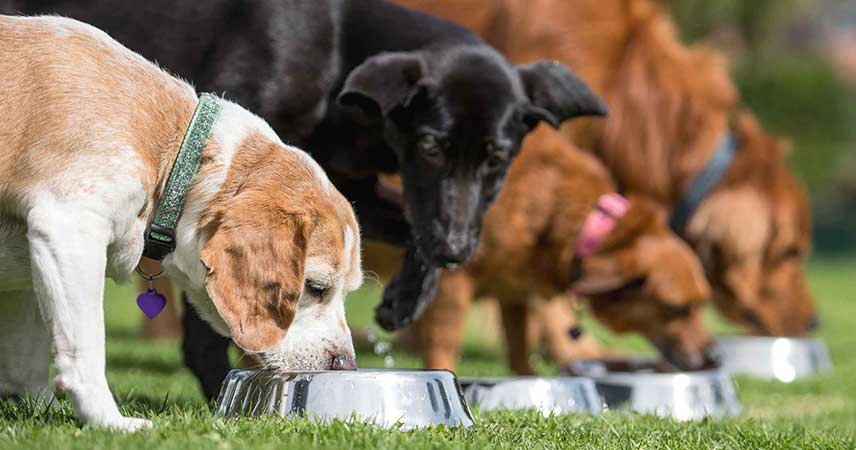This week we look at why dogs shouldn’t exercise after eating. Allowing dogs to exercise vigorously immediately after eating is a risk that is frequently overlooked in dog care. Understanding the dangers of exercise after meals for dogs is critical to avoid potentially fatal conditions like bloat and other digestive problems in dogs.
What Are the Dangers of Dogs Exercising After Eating?
One of the most significant health risks associated with dogs exercising after eating is a condition known as bloat, or more scientifically, Gastric Dilatation-Volvulus (GDV).
Bloat happens when gas builds up in a dog's stomach and causes it to twist, obstructing blood flow. This is a very severe illness that, if left untreated, can be fatal in a matter of hours. Any dog may be susceptible to bloat, although some breeds—such as German Shepherds, Boxers, and Great Danes—are more susceptible than others.
Common symptoms of bloat include:
- Swollen or hard abdomen
- Drooling or attempting to vomit without success
- Restlessness or pacing
- Rapid, shallow breathing
- Lethargy or signs of distress
In addition to bloat, a general digestive upset brought on by intense activity after meals might result in symptoms including cramping in the stomach, diarrhoea, or vomiting. If dogs exercise vigorously too soon after eating, they may have trouble digesting their food.
How to Prevent the Risks of Exercising Your Dog After Eating

Preventing bloat and other digestive issues requires a few simple adjustments to your dog's routine. Here’s how you can help keep your pet safe:
Encourage Rest After Meals
To ensure proper digestion, make sure your dog rests for at least one to two hours after eating. It may be tempting to take them for a walk or play shortly after eating, however waiting is essential for your dog's safety. To encourage relaxation, consider providing them with a chew toy or creating a comfortable resting spot.
Feed Smaller, More Frequent Meals
Feeding your dog smaller meals more frequently throughout the day helps reduce the risk of bloat and indigestion. Large, heavy meals can put stress on a dog’s stomach, making them more vulnerable to bloating if they run around afterward.
Monitor Water Intake
Drinking large amounts of water before or immediately after a meal can also contribute to bloating. Make sure your dog drinks water in moderation before and after eating. Offer small amounts of water frequently rather than letting them gulp down large quantities all at once.
Support Gut Health with PetWell Supplements
To promote optimal digestion and reduce the risk of stomach upset after meals, consider adding all-natural supplements to your dog's routine. PetWell’s DIGEST Supplement is specially formulated to support gut health, making it easier for your dog to digest meals and avoid bloating or discomfort.
Additionally, supplements like PetWell CALM can help dogs settle and relax after meals, reducing the risk of overexertion too soon after eating.
Explore PetWell’s range of all-natural supplements here to support your dog's digestive health and overall well-being.
What to Do If Your Dog Engages in Activity After Eating
Even with the best intentions, sometimes our dogs can get excited and engage in activity after meals. If this happens, it’s important to keep a close eye on them. Watch for any signs of bloat or discomfort and be prepared to act quickly.
If you notice any of the symptoms mentioned earlier, it’s critical to seek veterinary care immediately. Bloat is a medical emergency, and quick action can make all the difference in your dog's survival. Do not attempt to induce vomiting, as this can make the situation worse.
Long-Term Prevention and Solutions
In addition to modifying your dog's feeding and exercise routine, there are other steps you can take to prevent bloat and digestive upset over the long term:
- Slow feeder bowls: These can help prevent your dog from eating too quickly, which is a common cause of bloat.
- Elevated feeding stations: For large-breed dogs, elevated feeders can reduce the amount of air they swallow while eating, which may help prevent bloat.
- Regular vet check-ups: Talk to your veterinarian about your dog's risk for bloat, especially if you have a breed prone to the condition. Your vet may recommend additional steps to safeguard your dog’s health.
In Summary
Allowing your dog to rest after meals is one of the easiest and most effective ways to prevent serious health issues like bloat. By implementing a few simple changes like feeding smaller meals, monitoring water intake, and providing the right supplements you can ensure that your dog stays safe and healthy.
To support your dog’s digestion and promote relaxation after meals, check out PetWell’s natural supplements, designed to boost gut health and help your dog feel their best.
Disclaimer: The entire contents of this email and website are not to be taken as medical advice. The team at Pet Squad Pty Ltd trading as PetWell encourages you to make your own pet healthcare decisions based on your research and in partnership with a qualified pet healthcare professional.
